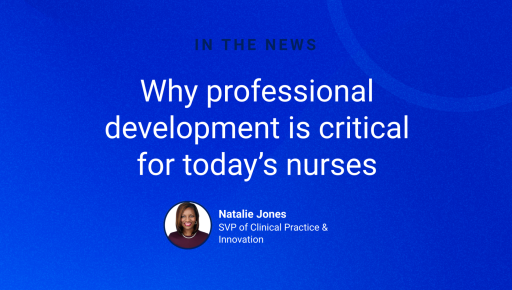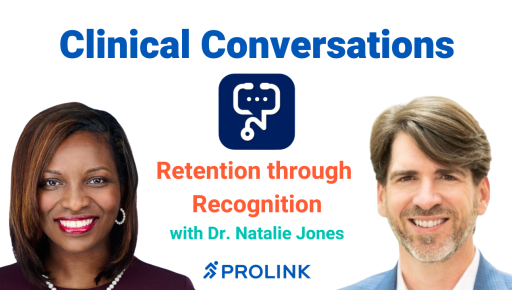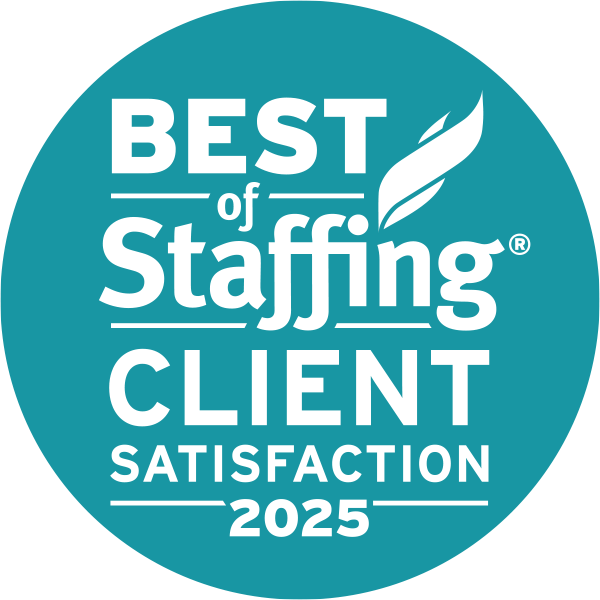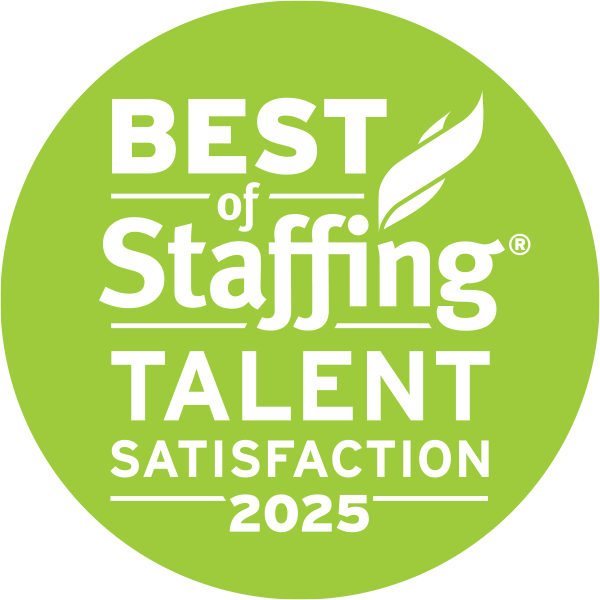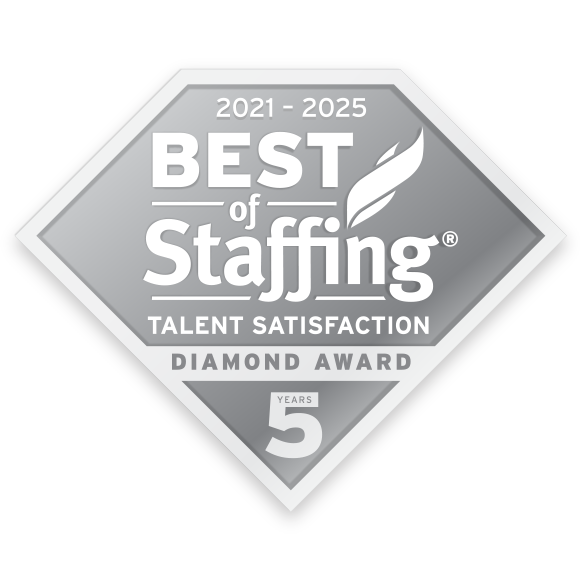Healthcare is one of the fastest growing industries in the nation, and with more than 340,000 jobs created in 2018, the healthcare sector is responsible for one out of seven new positions in the United States.1 But the cost of providing high-quality medical care will continue to rise, and with a shortage of experienced doctors, nurses, and nursing assistants, new entrants will compete with top talent to secure the best jobs in the healthcare industry.2 When hundreds of applicants are applying for the same healthcare positions, how can you set yourself apart from the competition?
Preparation: The Secret To A Successful Job Interview
There are millions of qualified healthcare professionals in the United States, from doctors and nurse practitioners to registered nurses and certified nursing assistants.3 They each have a degree, a license, and a resume, with references that will vouch for their skills and abilities — in other words, they should all meet the basic standards for employment at the hospital, nursing home, or medical facility that you are applying to.
So the hiring manager is going to look for candidates that exceed their expectations, whether they have advanced degrees, specialized training, excellent answers to healthcare interview questions, or winning personalities. The best place to share your talent, skills, and passion for the healthcare industry is in your in-person interview, where you will have the opportunity to impress the hiring manager in a one-on-one conversation.
If you want your interview to stand out from the others, you need to make sure that you represent yourself as the best candidate for their position. Here are ten healthcare interview questions that will help you prepare for your upcoming interview, with winning answers for new and experienced job seekers:
Question 1: Why did you decide to become a doctor/nurse/nursing assistant?
You should not hold back when it comes to this question — the hiring manager wants to learn more about your passion for the healthcare industry. This is the perfect place for you to discuss a positive reason for becoming a healthcare professional, and to briefly share your personal story.
Question 2: How do you deal with stressful situations at work?
Question 3: Describe a situation where you dealt with a difficult patient; how did you handle it?
Question 4: What is your biggest pet peeve when working with other nurses, doctors, and nursing assistants?
Hospitals, nursing homes, and emergency rooms can be stressful work environments, and healthcare professionals need to have the tools to cope with difficult patients and coworkers. Like many candidates, you will probably have an easier time answering Question 2 than you will with Questions 3 &4. The hiring manager is not going to take your first answer at face value — they are also going to test your knowledge, communication skills, and experience in a real-world setting.
The best candidates will be prepared to talk about their experiences with difficult patients, frustrating coworkers, stressed-out managers, and overworked administrative staff, and the actions that they took to turn unhappy people into cooperative patients and employees. These answers will demonstrate that they are competent healthcare workers that can thrive in a fast-paced environment.
Question 5: What is your greatest strength?
Question 6: What is your greatest weakness?
These are two of the most commonly asked healthcare interview questions, and the hiring manager is looking for a different set of answers than the ones that they normally get. Come up with a unique strength that will set you apart from the other applicants, like your ability to empathize with children as a pediatric nurse or your compassion for nephrology patients as the family member of someone who has gone through dialysis. When you talk about your greatest weakness, share a skill that is typically seen as a negative quality, but has had a positive impact on your healthcare career.
Question 7: Why should we hire you for this position?
The hiring manager wants you to explain why you are a better choice than any of the other candidates, so this is your moment to shine. Focus on the skills that set you apart from other nurses, doctors, and nursing assistants, whether they are degrees, certifications, licenses, or soft skills, and the positive impact that it would have on your future employer.
Question 8: What are your salary requirements?
The hiring manager is trying to determine how much they can reasonably pay you, so you do not want to answer this question if you have not done your homework. Use websites like Glassdoor and LinkedIn to research salaries in your area, and to look up the standard rate of pay and benefits for employees who have had the same role in the organization that you are applying to.
Question 9: Do you have any questions for me?
This question is not optional — you should always come with a short list of questions about the position, work environment, and hiring expectations. The hiring manager wants to make sure that you are truly interested in the role that you are applying for, and they will disqualify candidates who are not interested in getting additional information.
Question 10: When can you start?
Your start date depends on two factors — the date when you are available to start working, and the date when the healthcare professional who currently works in that role will leave. Before you answer their question, ask them what their hiring timeline looks like and when they expect to fill the position; that way, you can respond with an answer that will fit their needs.
